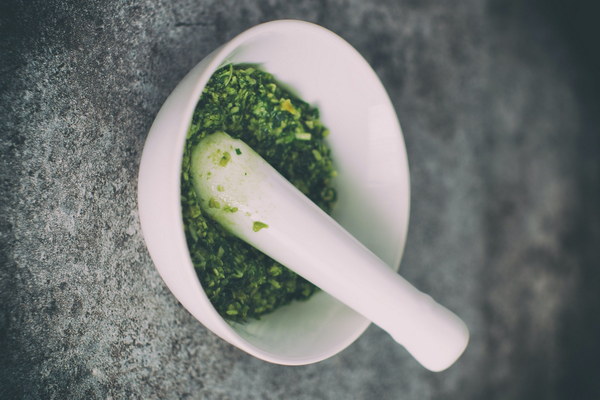The Top RenalBoosting Fruit Discover the Second Best Choice for Kidney Health
Introduction:
In the realm of natural remedies, fruits have always been celebrated for their numerous health benefits. When it comes to kidney health, certain fruits stand out for their ability to support and enhance renal function. Today, we delve into the second-best fruit for kidney health, exploring its properties, benefits, and how to incorporate it into your diet.
The Second-Best Fruit for Kidney Health:
While berries, such as blueberries and strawberries, often take the spotlight when it comes to kidney health, there is another fruit that deserves equal attention: the blackcurrant.
Blackcurrants: A Superfruit for Kidneys
Blackcurrants, also known as blackcurrant berries, are small, dark purple fruits that belong to the Ribes genus. They are native to northern Europe and have been used for their medicinal properties for centuries. Here are some reasons why blackcurrants are considered the second-best fruit for kidney health:
1. Rich in Antioxidants:
Blackcurrants are packed with antioxidants, including vitamin C, vitamin E, and various flavonoids. These antioxidants help neutralize free radicals and reduce oxidative stress, which can contribute to kidney damage. By protecting the kidneys from oxidative stress, blackcurrants help maintain renal function.
2. Diuretic Properties:
Blackcurrants possess natural diuretic properties, which means they can help increase urine production. This diuretic effect can be beneficial for individuals with kidney conditions, as it aids in the elimination of waste products and excess fluid from the body.
3. Anti-inflammatory Properties:
Inflammation is a common issue in kidney diseases. Blackcurrants contain anti-inflammatory compounds that can help reduce inflammation in the kidneys, potentially slowing down the progression of kidney conditions.
4. Immune System Support:
A strong immune system is crucial for kidney health. Blackcurrants contain immune-boosting properties, which can help protect against infections and other complications that may affect the kidneys.
5. Antiviral and Antibacterial Properties:
Blackcurrants have been found to have antiviral and antibacterial properties, which can be particularly beneficial for individuals with kidney conditions that are susceptible to infections.
Incorporating Blackcurrants into Your Diet:
Now that we understand the benefits of blackcurrants for kidney health, let's explore how to incorporate them into your diet:

1. Fresh Blackcurrants:
The best way to enjoy blackcurrants is by eating them fresh. You can add them to salads, yogurt, or oatmeal. Fresh blackcurrants can also be blended into smoothies or consumed on their own as a healthy snack.
2. Blackcurrant Juice:
If fresh blackcurrants are not readily available, you can opt for blackcurrant juice. However, be mindful of the sugar content in store-bought juices and consider making your own using fresh blackcurrants and a little water.
3. Blackcurrant Tea:
Boil water and add dried blackcurrant leaves or a blackcurrant tea bag to make a refreshing and healthy tea. Blackcurrant tea is not only delicious but also offers the added benefit of the fruit's medicinal properties.
Conclusion:
Blackcurrants, the second-best fruit for kidney health, offer a range of benefits for renal function and overall well-being. By incorporating this superfruit into your diet, you can support your kidney health and enjoy its numerous advantages. So, why not add blackcurrants to your daily routine and reap the rewards?









